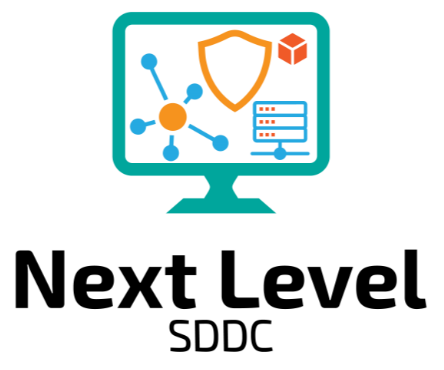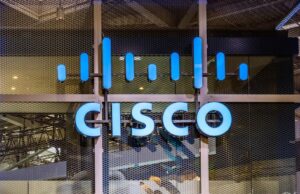In the ever-evolving landscape of cloud computing, staying at the forefront of innovation is crucial. VMware (or should I say Broadcom now?) Cloud on AWS has recently made waves with its groundbreaking architectural advancements (very recently, on November 14th they introduced vSAN ESA on i4i.metal hosts), promising a future-ready platform to support the next generation of workloads.
At the heart of this innovation is the seamless integration of VMware’s platform. The partnership of VMware’s robust software and the flexibility/scalability of AWS sets the stage for a powerful synergy, offering very compelling businesses solution, specially as we dive into the era of next-gen workloads. VMware Cloud on AWS addresses this need head-on, providing a platform that can adapt to the dynamic requirements of modern applications. Whether it’s AI, machine learning, or data-intensive processes, the enhanced architecture ensures optimal performance.
This new instance type is called m7i.metal-24xl and provides 4th gen Intel Xeon (Sapphire Rapids) 8488C Platinum CPUs with 384GB of memory, and up to 37.5 Gbps networking speed per host. But not only does it offer great CPU power (cores and clock speed), but most importantly is the flexibility to choose your own storage platform since this is the first host type that does not come pre-built with vSAN architecture (no local disks for datastores).
Why is that, you may wonder? Well, not every customer needs a lot of storage capacity/performance, so having the option to have lots of compute and minimal storage can be advantageous for the workloads these hosts were created for.
Storage choices for these nodes include VMware Cloud Flex Storage and/or Amazon FSx for Netapp ONTAP which both leverage NFS protocols which have also boosted its capabilities in the most recent SDDC version 1.24 release (up to 20% more large block throughput for NFS by increasing the MTUs to 8500 on VMK0). I can tell you from experience that not all customers require a lot of data capacity, and this has been a deal breaker in the past for VMC on AWS since the cost of having spare hosts just for the compute resources was not a great economical decision if more than half the storage was going to sit idle 24/7.
Some use cases for these new type of hosts include:
CPU Intensive workloads: Image processing, Video encoding, Gaming servers
AI/ML Workloads: Code Generation, Natural Language Processing, Classical Machine Learning
Workloads with limited requirements: Web/app servers, Microservices, Secondary data stores/database apps
Ransomware & Disaster Recovery: Modern Ransomware Recovery, Next-gen DR, Compliance and Risk Management
VMware Cloud on AWS’s recent advancements show their commitment to this partnership, offering businesses a platform that not only meets current needs but anticipates and adapts to the demands of tomorrow.



